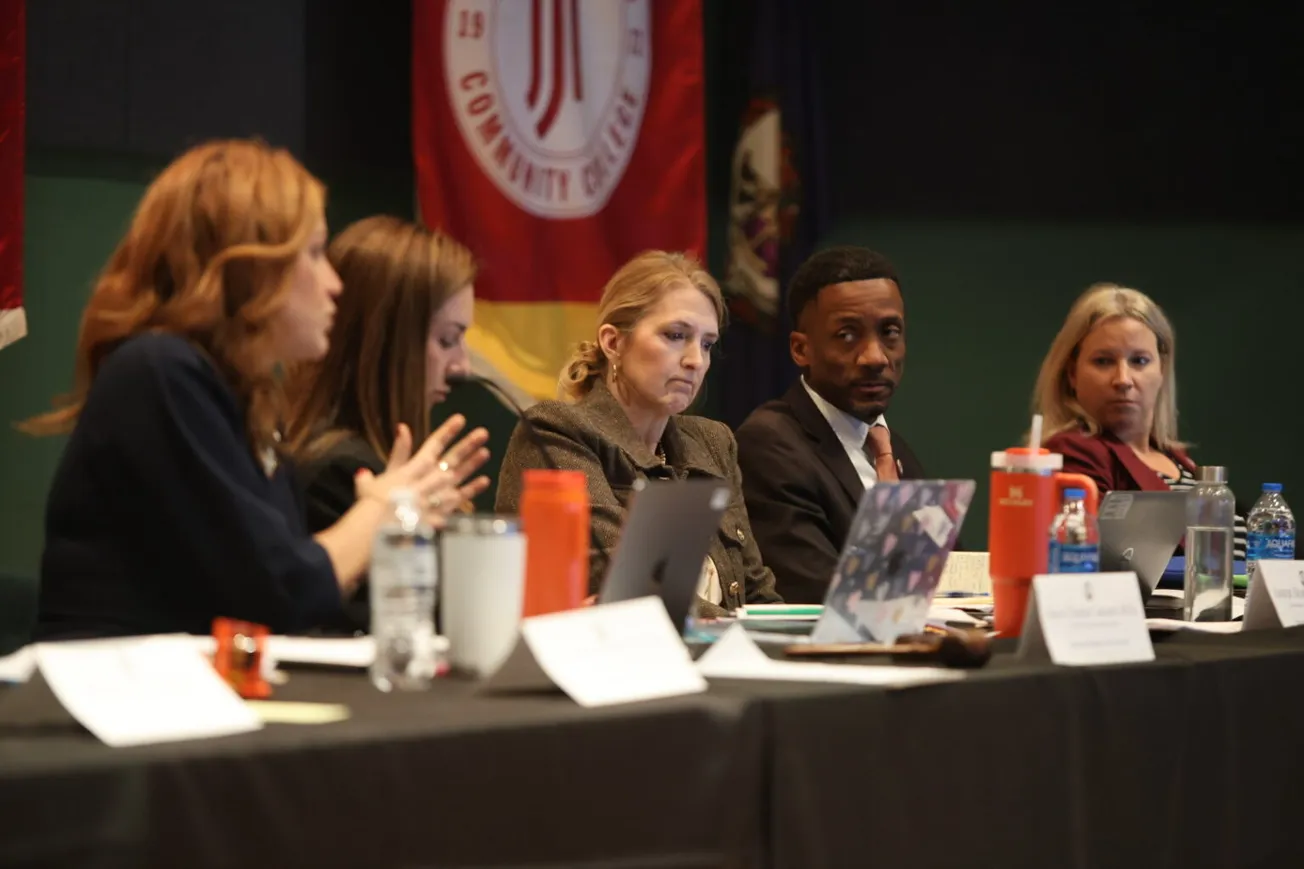Higher SOL cut scores coming, but not this year, Virginia board says
Eight-member panel approves gradual increase in reading and math benchmarks after months of debate over equity and readiness

Eight-member panel approves gradual increase in reading and math benchmarks after months of debate over equity and readiness
